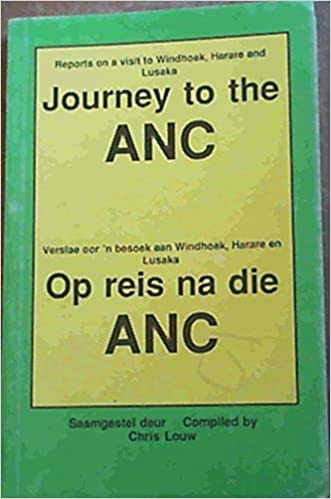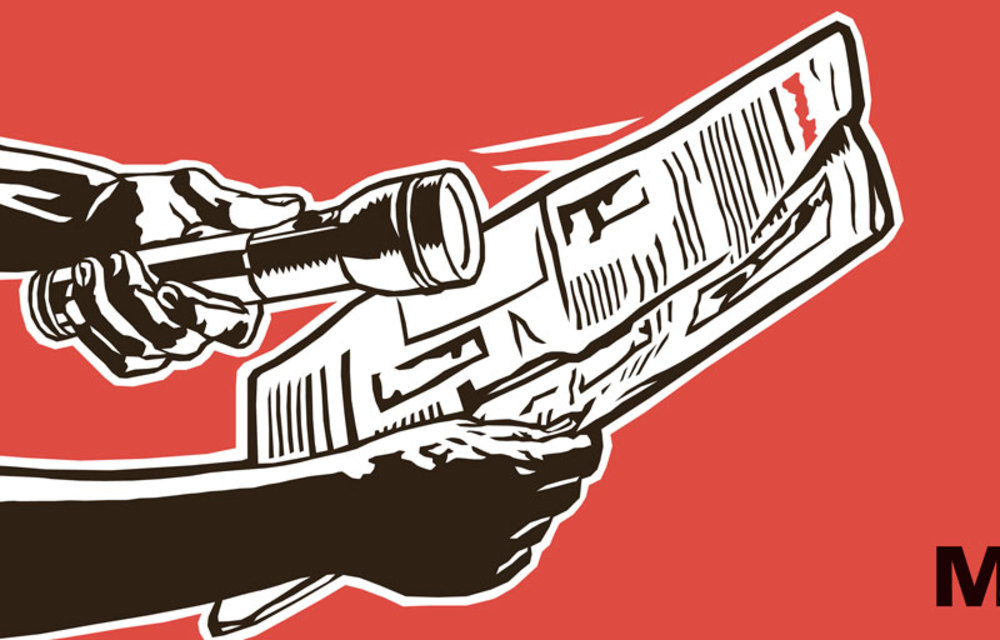Yesterday I received an e-mail message from the Dear South Africa organisation, containing a number of items indicating instances where the ANC government intends tightening their central control over the citizens of this beautiful country. One of these items — the most serious one — reads:
“Last chance — Film and Publications Amendment Regulations (censorship)
As a continuation of the controversial Internet Censorship Bill, Minister Stella Ndabeni-Abrahams has published draft regulations for public comment.
These regulations cover rules around content, distribution and production of video and graphic material on all platforms, including broadcast, digital and social media. Further, any person who intends to publish, distribute or exhibit a publication shall submit the publication to the FPB [Film and Publication Board] together with the relevant form and the prescribed fee, for examination and classification before it may be distributed or exhibited within the Republic (closes 17 August).”
Below it one is given the chance to have your say about the proposed legislation before August 17, providing one’s personal details in the process. Needless to emphasise, it is imperative that as many people as possible visit the Dear South Africa website (if you are not on their e-mail circulation list already), and object to this blatant action against our democratic rights. Please do so now! Go to this page and look for the right item, where you can register your disagreement with the proposed legislation.
What puzzles me is that the proposed legislation goes directly against the Bill of Rights (specifically one’s freedom of expression) enshrined in the Constitution, and yet the ANC is pressing ahead with it. (There is another item on the website, just as serious, where they are trying to criminalise mistakes made on one’s income tax return, which should also be opposed.)
Where the Dear SA website refers to “rules around content, distribution and production of video and graphic material on all platforms, including broadcast, digital and social media” it includes the videos and messages that circulate daily on WhatsApp, Instagram, YouTube, Facebook and other digital media platforms.
Under the proposed law one would have to apply and pay a fee (into the bargain) to publish graphic or video material.
And if you shrug and say: “This could never be policed,” I would agree, but once some people have been charged and convicted, many, if not most, would desist from posting.
In addition, a few nights ago I received a WhatsApp video from a friend where, what looks like the familiar Anonymous mask-wearing figure reads a warning, to the effect that it will do what is necessary to prevent the ANC government from passing this anti-democratic censorship law. It says that the organisation possesses the information (relating to corruption) required to indict the ANC in public, should it do so. I sincerely hope this is genuine.
This is a major attack on our constitutionally guaranteed freedom of expression, and should not be allowed. It seems that the ANC government is moving quickly towards a China-style, central-control type of dictatorship. By and large, South Africans seem to be blissfully unaware of this, judging by the complacency I witness around me. They had better wake up fast and take action before we have soldiers patrolling our streets.
I am not being alarmist — remind yourselves what has been happening in the course of the pandemic lockdown — clear signs of ANC dictatorial tendencies, particularly on the part of the person chairing the NCCC, known as NDZ, and plenty of indications of corruption, where certain people have been digging into the funds supposedly intended for economic relief of citizens suffering because they are not allowed to work.
It grieves me to have to say that the ANC has proved to be a grave disappointment in this respect.
I am one of those who met with them (I recall I was part of the second group of white South African professionals who did so in the late 1980s) in anticipation of the unbanning of their organisation and the inauguration of a democratic South Africa.
We were convinced by the leaders of the ANC (including Thabo Mbeki and “Dr” Pallo Jordan) at several meetings back in 1989 — first in Windhoek, Namibia, then in Harare, Zimbabwe, and finally in Lusaka, Zambia — that they were democratic through and through.
Judging by their words and actions during these meetings, we did not have reason to doubt them. I recall having a long discussion on the merits and demerits of capitalism and communism with Jordan; whereas we agreed on the exploitative nature of capitalism, we disagreed on communism, which he defended. I argued that communism would always develop in the direction of Stalinism because of the hierarchical power relations involved.
In hindsight, we should have attached more credence to what Didymus Mutasa — then Speaker of the Zanu-PF government of Robert Mugabe — said to us when we were addressed by him in Harare. He observed that we, with our notions of “multi-party democracy”, did not understand African democracy.
“African democracy,” he averred, always involves only one party (even when it does not seem to be the case). You are either a member of it, or not, and you either vote for it, or you don’t, but there is no other party you can (read: should) vote for. At the time we laughed at it, dismissing it as a caricature, but judging by the ANC’s anti-democratic behaviour — which is incrementally getting more blatant — this applies to it, too.

In Lusaka — where we stayed at the Pamodzi Hotel — we held a conference, where some of us as well as some of the ANC delegation presented papers. An account of our experiences were later published in a book titled Journey to the ANC, edited by Chris Louw. My chapter was titled “A fusion of white and black horizons — a travelling experience”.
A “fusion of horizons” is a concept from Hans-Georg Gadamer’s philosophical hermeneutics, and it refers to what happens in the course of a dialogue or communication between two or more parties, who approach a matter from completely different angles.
“Horizon” here denotes a phenomenological notion, appropriated by Gadamer in linguistic terms (unlike Edmund Husserl‘s understanding of the term in relation to consciousness-philosophy), and means more or less “the totality of meanings or significations that frame one’s linguistic understanding of, or orientation in the world”.
Obviously, in this sense every person’s “horizon” differs from everyone else’s, but that is no reason for relativist despair, because through language (with its “universalistic” conceptual imprint, in a to-and-fro movement of give-and-take) interlocutors come to an understanding — even if it is “to agree to differ”. This is the moment of the fusion.
The catch in this, of course, is that — as Jürgen Habermas argued — such a fusion of horizons can only occur if all parties communicate sincerely, showing all their so-called “validity claims”, that is, the grounds upon which they say what they say, without hiding anything.
Based on what I experienced in Lusaka I believed that the horizons of the South African delegates and that of the ANC delegates had genuinely fused in a moment of mutual understanding.
Looking back, however, I am convinced that the ANC members either did not put forward their validity claims, or that, if those delegates did do so, the current crop of ANC “leaders” (if one could call them that) do not agree with their older colleagues, and are quite happy to deviate from anything recognisably democratic.
It is not too late for the ANC to return to democratic ways, and to do what should be done to let South Africa develop into the wonderful country it could be. If they are hell-bent on going down this road to totalitarianism, however, they will destroy the country for everyone, including their supporters.



